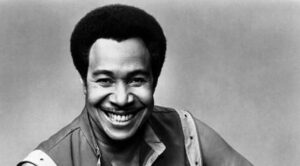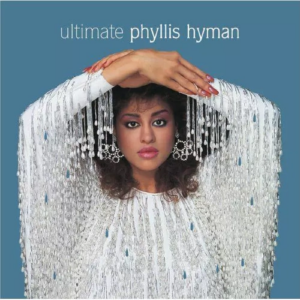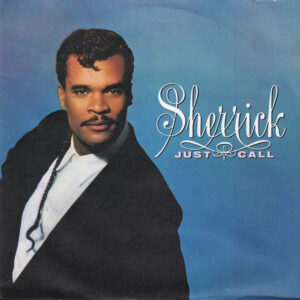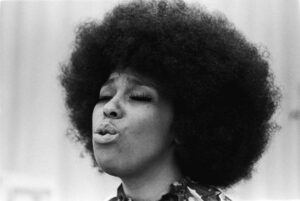Spend an evening in the bars of Southern Florida in 2012, and you’ll see older men with deep leathered tans and dyed hair sporting open buttoned shirts, trying to hit on younger women. It’s what they do. In a similar way, in the musical world, what aging rock stars do, when their creative juices run out, is cut albums of cover songs, particularly of classic soul hits. It’s like a musical comb-over. And while a decade ago this idea was still somewhat a novelty and occasionally even interesting, by 2012 the concept is as trite and uninteresting as the pick-up guy at the bar.
Now, the blame for this can’t be limited to the artists; there’s plenty to go around. Part goes to radio, which casts legacy artists aside like old cans of Fresca. As we wrote about a few weeks ago, it is easier for a soul artist to get a twenty year old song played on Urban Adult Contemporary radio than a new one. And with record companies still figuring out the new world of lower music sales and dispersed distribution and discovery, the reaction has, ironically, been to play it safe rather than try something creatively daring. The line of thinking is that we will more likely gravitate toward the familiar rather than something new and unproven, a victory of commerce over art that has also stretched to Hollywood, where a “rebooted” Spiderman – even at a much higher cost – can get the green light over a hundred new concepts.
So the cynical “covers” era in music continues, years after it jumped the shark. Seal gave us a big yawn earlier this year – and brought his musical legacy even more into question — with his second album of 70s soul song remakes. And now fellow UK soul man Mick Hucknall, best known as the lead singer from Simply Red, brings his second album of covers, following 2008’s tribute to Bobby “Blue” Bland with a more general look at 60s and early 70s music titled American Soul.
To his credit, Hucknall’s excursion is neither embarrassing nor devoid of character. He avoids the lazy approach taken by most of his compatriots and generally selects less traveled song selections, eschewing the usual Motown, Stax or Philly favorites. The result is a mixed bag: American Soul’s eclectic choices make it more difficult than its peer albums to dismiss, but at times they also make it harder to decipher the string that runs through the set; the collection feels more like a shuffled iPod than a cohesive playlist.
The disc is at its most pedestrian when it covers the most obvious selections. We could have all done without new versions of Aaron Neville’s “Tell It Like It Is,” Tyrone Davis’s “Turn Back the Hands of Time” and the tired, oft-recorded ballad “I Only Have Eyes For You,” especially versions as faithful as Hucknall’s. Those can be contrasted with the Animals’ “Don’t Let Me Be Misunderstood,” here given a breezy midtempo reimagining that works quite well. Two unusual choices of varying success are the brief, bluesy version of Jimmy Reed’s “Baby What You Want Me to Do” that fits nicely in the mix, and a string-filled, saccharine reading of Perry Como’s “It’s Impossible,” a real momentum breaker that is an out-of-place choice on a self-proclaimed soul album.
As each new album of remakes is released, the challenge facing the recording artists becomes both more obvious and more daunting. That challenge is best exemplified by two soul classics that are highlighted early on American Soul: Both the modernized, upbeat version of Otis Redding’s “That’s How Strong My Love Is” and a relatively gutsy cover of Etta James’ “I’d Rather Go Blind” are truly enjoyable only when viewed in a vacuum. Hard as Hucknall tries on them, both simply pale by comparison to the seminal originals, leaving them ultimately interesting only for those lacking historical reference.
In the end, like Seal’s Soul 2 disc earlier this year, American Soul is an album with moments of pleasure but never of transcendence. Nothing here approaches the original versions of these songs and, years after the soul remake craze hit its commercial peak (and further yet from its critical peak, if there ever was one), there is a legitimate question as to why cover albums like this continue to be released, except as uncomfortable attempts to shore up sagging careers in an uncertain time for popular arts. But regardless of the reasons or justification, critically the answer is the same: American Soul is neither great nor awful. It is simply superfluous.
By Chris Rizik










